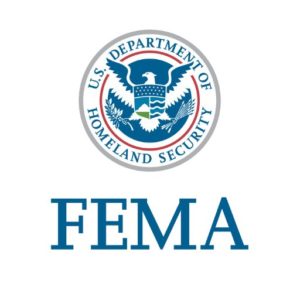BRIC program progressing
 Hats off to FEMA, who continues its “normal” operations while leading COVID-19 response activities and that includes the rollout of the Building Resilient Infrastructure and Communities (BRIC) program. FEMA announced last week a webinar series with top experts to explain the program, how it’s going to work, and the expected outcomes.
Hats off to FEMA, who continues its “normal” operations while leading COVID-19 response activities and that includes the rollout of the Building Resilient Infrastructure and Communities (BRIC) program. FEMA announced last week a webinar series with top experts to explain the program, how it’s going to work, and the expected outcomes.
BRIC focuses on pre-disaster mitigation by helping local and state governments fund projects that will reduce risk from natural hazards and disasters. It replaces the existing Pre-Disaster Mitigation (PDM) program. Under BRIC, FEMA will set aside 6% of estimated disaster expenses for each major disaster to fund a mitigation grant program. You can learn more here.
In the meantime, most of the five-week webinar sessions have stopped taking class registration and are full – but not to worry, you can access recorded sessions once they are posted by visiting the BRIC Summer Engagement Series. Many of these sessions will include Camille Crain, FEMA’s BRIC Section Chief, as well as other government and non-government organization partners in the effort. Being cooped-up in the home office provides a wonderful opportunity to learn more in-depth about this important proactive disaster funding program. Notice of funding opportunities are expected to roll out later this summer into fall, followed by the opening of the grant application period.
Also of note from FEMA, is the start of its National Engagement Period for Resource Management. FEMA seeks public feedback on the draft of the National Incident Management System document, Guideline for Resource Management Preparedness. This guideline supplements the NIMS Resource Management component by providing additional details on resource management preparedness processes, best practices, authorities, and tools. Feedback will be accepted until 5 p.m. ET on July 23. National engagement provides an opportunity for interested parties to comment on the draft document to ensure that it is relevant for all implementing partners. And yes, there’s a series of ongoing webinars about this program as well that are being recorded and made available afterward via the above link.
LMA Newsletter of 7-6-20

